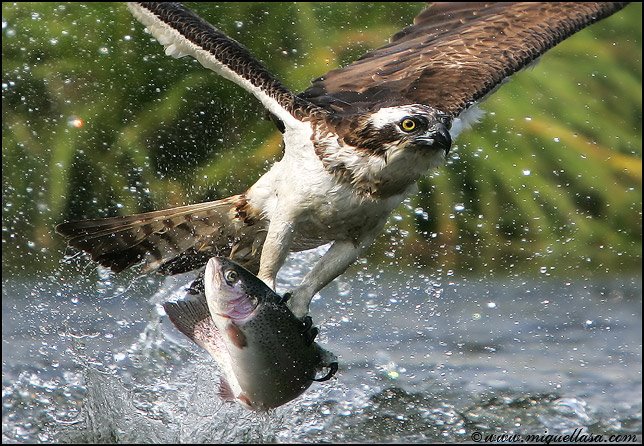

Admiral Matome Ugaki is in some respects Halsey's counterpart in the Japanese Navy. How Japanese culture of the early 20th century shaped this man into a suicidal fanatic, willing to sacrifice a whole nation for a bizarre conception of "honor," is hard to understand. Evans comes close to making sense out of it. 

Admiral Takeo Kurita, the Japanese battleship commander charged with making what was, in essence, a suicidal fleet attack against the American invasion of the Philippines is the most intriguing of all. By means of a clever deception, which put Bull Halsey reputation at risk, Kurita's force of battleships fought and destroyed a portion of a smaller and outgunned American naval force in a night battle in Leyte Gulf. Then faced with the prospect of being annihilated by the power of Halsey's overwhelming carrier force, he choose a "mysterious retreat" in violation of his orders. In Evans words, he was later praised after the war as a "seaman of seamen," but never honored for "his humaneness, as a commander, who chose not to foolishly waste the lives of his men in a grand but empty act of bushido."
 I don't think one has to be particularly interested in refighting old battles from WWII to learn something worthwhile from from Evan Thomas's latest book. The vagaries of courage and honor in the face of cultural imperatives are a subject for any era. Think of things like the "doctine of preemption" as a basis for a national foreign policy or "enhanced interrogation" as best means of protecting our national security.
I don't think one has to be particularly interested in refighting old battles from WWII to learn something worthwhile from from Evan Thomas's latest book. The vagaries of courage and honor in the face of cultural imperatives are a subject for any era. Think of things like the "doctine of preemption" as a basis for a national foreign policy or "enhanced interrogation" as best means of protecting our national security.





6 comments:
Very interesting post.
Interesting,.... a good friend was a Pacific veteran. I think I'd like to check out that book.
TB,
I do like this review. I'm not one to pick up a book on the topic of war -- just never have been. But your perspective does make this of interest. I like your ending where you bring it up to date with recent events. Something to think about.
Nice review - I like how you added the faces of the historical figures. It's a fascinating period of history.
Sounds interesting! My dad was in the navy in WWII, but mainly in the Atlantic.
Interesting review. My husband enjoys WWII history. I'm putting this on his reading list.
Post a Comment